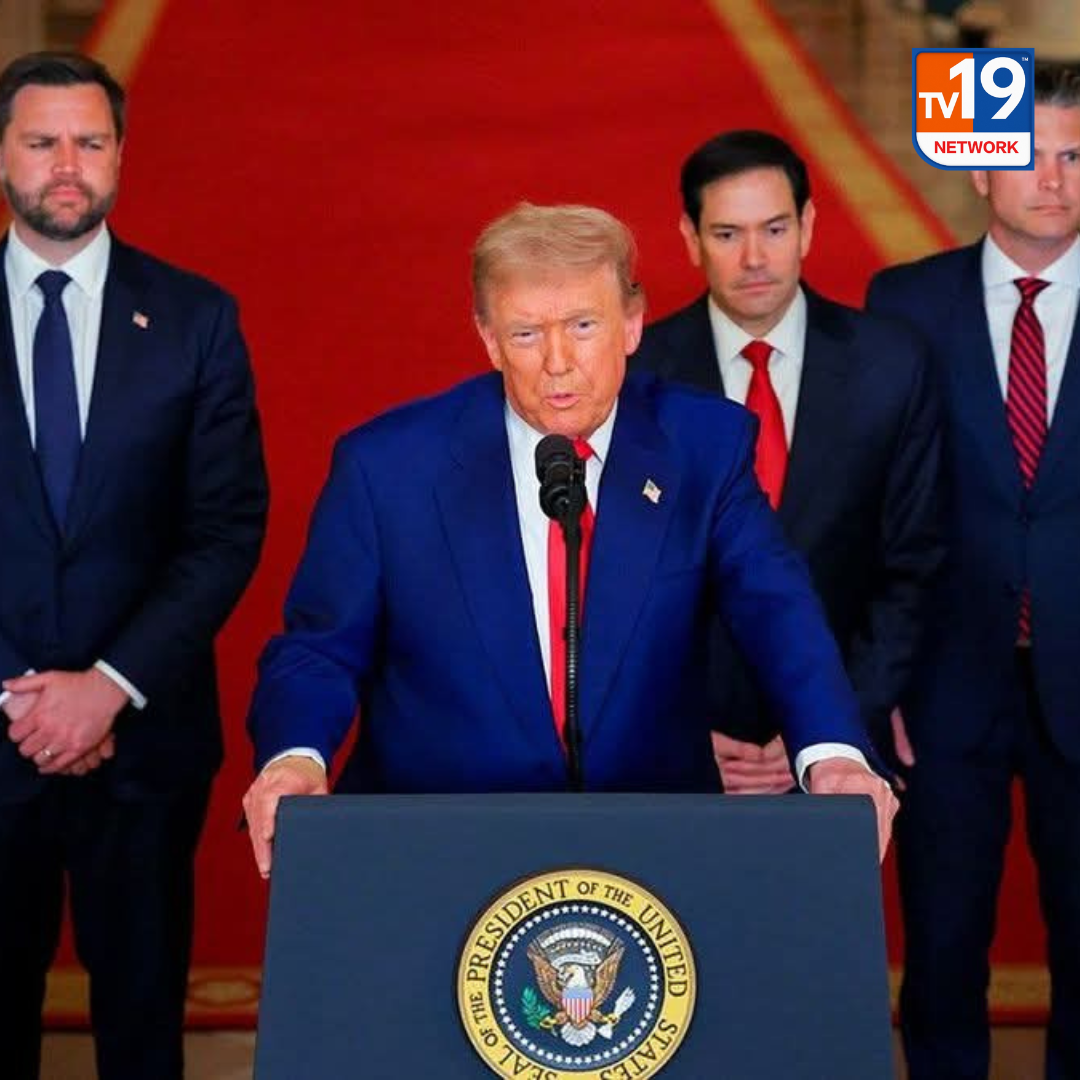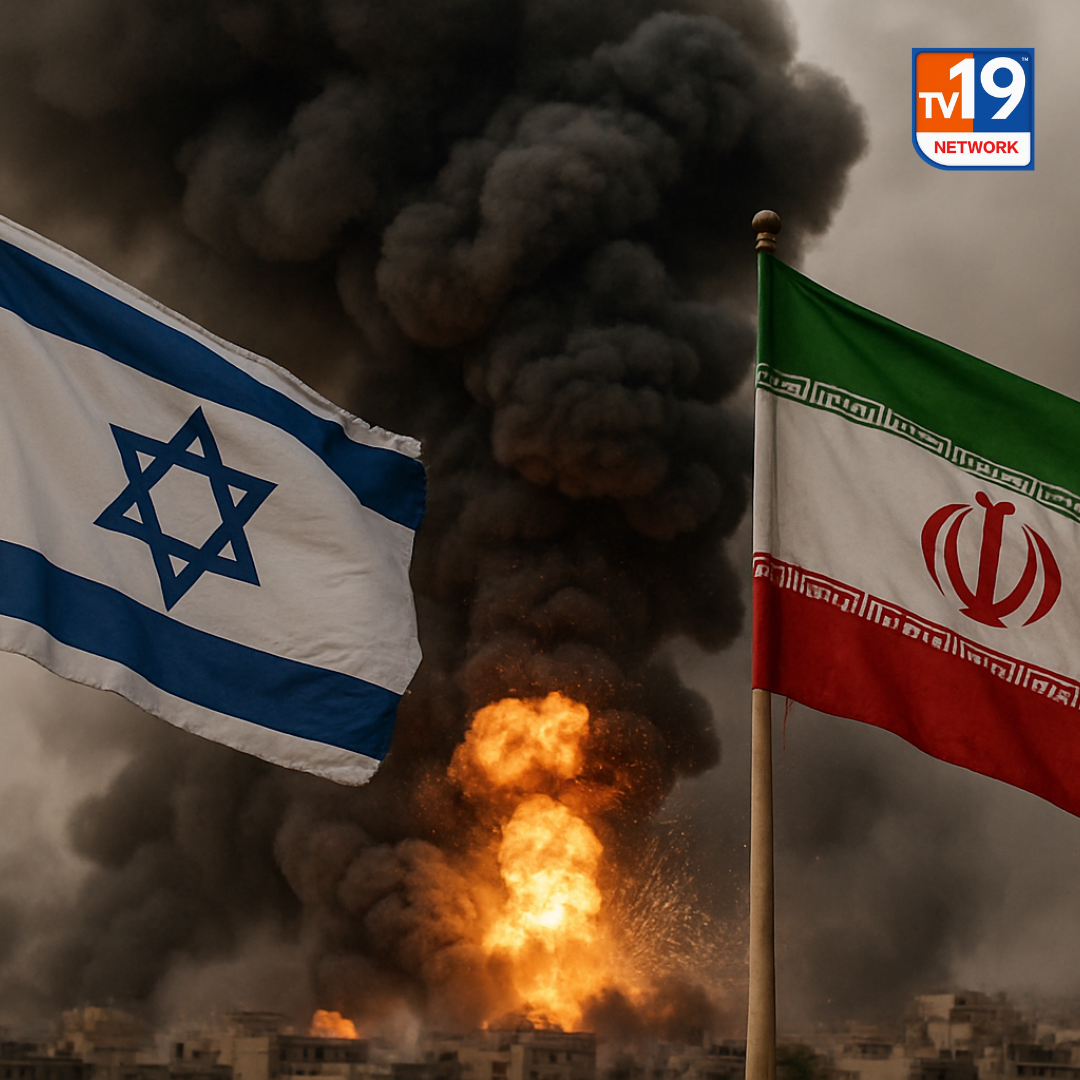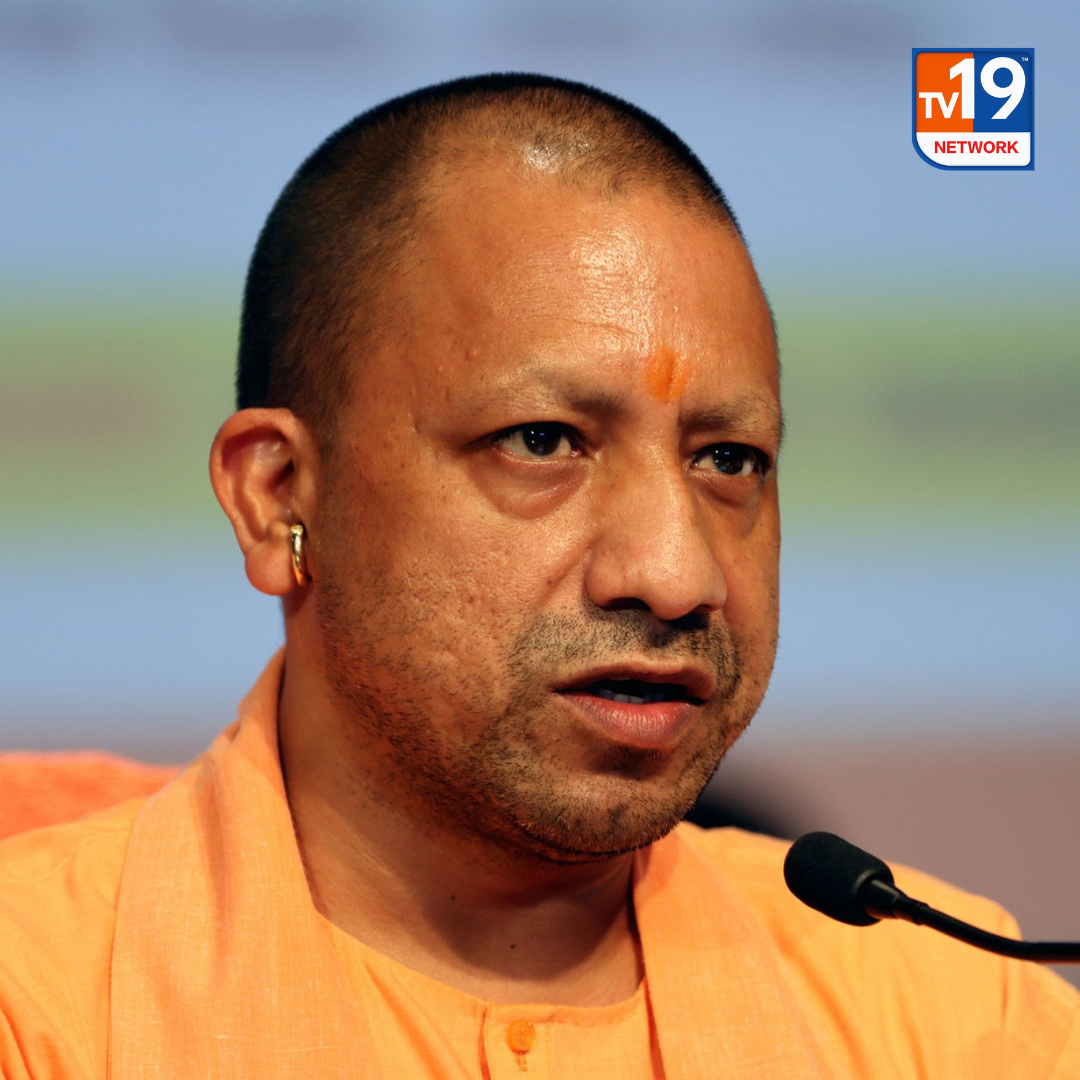Trump's Bold NATO Demand: A Call for Unity or Division?
Washington D.C. - Trump's proposal to significantly increase NATO defense spending has reignited debates across Europe. The former U.S. president has called on NATO allies to raise their defense spending to 5% of GDP, far beyond the current 2% target. In his remarks, he questioned the fairness of the current financial burden on the U.S., stating, "Why are we in for billions and billions of dollars more money than Europe?"
European Leaders Respond
German Chancellor Olaf Scholz has expressed doubts about the practicality of meeting such a target, labeling the 5% figure as excessive. Scholz instead advocates for adherence to the 2% commitment while highlighting Germany’s recent efforts to boost its defense budget. Similarly, Czech Prime Minister Petr Fiala has argued that an increase to 3% is more achievable, suggesting a willingness to discuss defense spending in the future.
Implications for NATO's Future
The debate over NATO's defense spending is far from new, but Trump's demand introduces a fresh level of urgency. Critics argue that such a significant increase could strain European economies and may lead to internal divisions within the alliance. On the other hand, supporters believe that bolstering spending is vital to maintaining NATO’s global security stance in the face of rising international threats.
As NATO approaches its 75th anniversary, the alliance faces a critical juncture. Trump’s call for increased defense spending has sparked important discussions about the future of collective security. The next few months will determine whether NATO members can reconcile their differences and strengthen the unity that has been crucial to the alliance's success—or if these tensions will ultimately challenge NATO’s cohesion.





